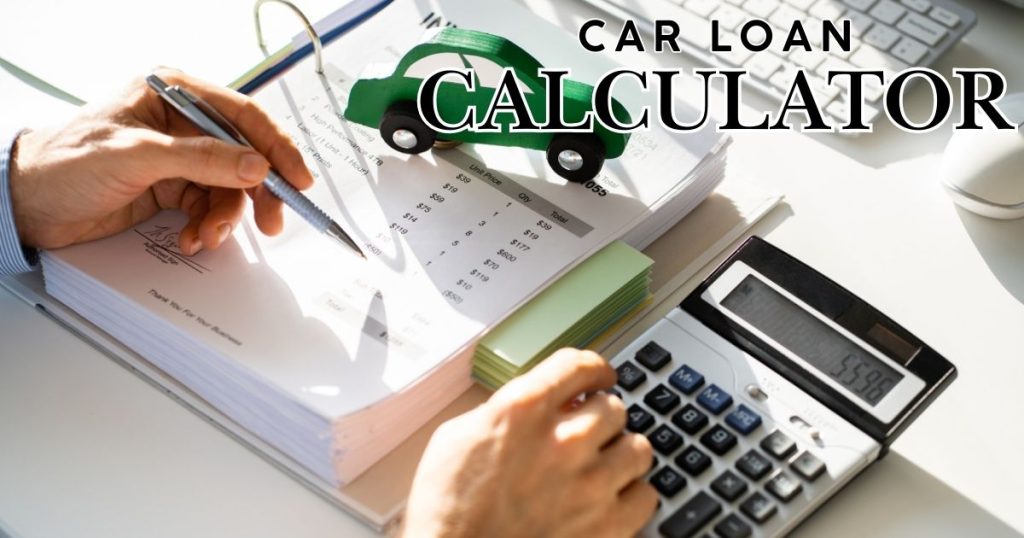Car batteries might seem like simple components, but they’re the silent heroes powering our daily drives. Understanding these power units can save you money, prevent unexpected breakdowns, and ensure your vehicle runs smoothly.
What Exactly is a Car Battery?
At its core, a car battery is an electrical storage device that provides the crucial spark to start your engine and power electrical systems. Unlike your smartphone battery, automotive batteries are designed for high-voltage bursts of energy.
Types of Car Batteries
| Battery Type | Average Lifespan | Cost Range |
|---|---|---|
| Flooded Lead-Acid | 3-5 years | $50-$120 |
| AGM (Absorbed Glass Mat) | 4-7 years | $150-$300 |
| Lithium-Ion | 5-10 years | $200-$500 |
Battery Maintenance Secrets
Want to extend your battery’s life? Here are pro tips mechanics won’t always tell you:
- Clean battery terminals regularly
- Check water levels in traditional batteries
- Avoid short trips that don’t fully charge the battery
- Test battery health annually
Red Flags Your Battery Needs Replacement
Watch out for these telltale signs of a dying battery:
- Slow engine crank
- Swollen battery case
- Battery age over 4 years
- Frequent jump-starts
Choosing the Right Battery
Don’t just grab any battery off the shelf. Consider your vehicle’s make, model, climate, and driving habits. A professional can help match the perfect battery to your specific needs.
Battery Replacement Costs
Battery replacement typically ranges from $75 to $300, depending on your vehicle type and battery quality. Pro tip: Some auto parts stores offer free installation with battery purchase.
Your car battery is more than just a component—it’s the heartbeat of your vehicle. Treat it right, and it’ll keep you moving smoothly for years.



